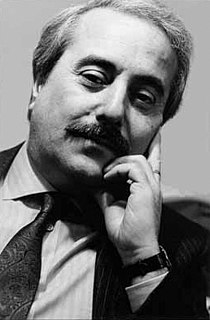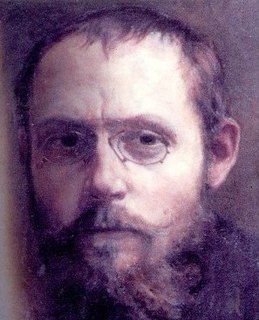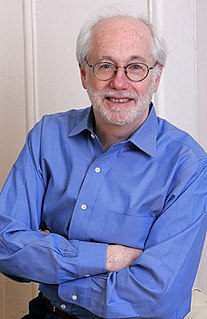A Quote by Soren Kierkegaard
The tyrant dies and his rule is over, the martyr dies and his rule begins.
Related Quotes
By today's standards King George III was a very mild tyrant indeed. He taxed his American colonists at a rate of only pennies per annum. His actual impact on their personal lives was trivial. He had arbitrary power over them in law and in principle but in fact it was seldom exercised. If you compare his rule with that of today's U.S. Government you have to wonder why we celebrate our independence.
When the white man turns tyrant it is his own freedom that he destroys.He becomes a sort of hollow,posing dummy,the conventional figure of a sahib.For it is the condition of his rule that he shall spend his life in trying to impress the "natives",and so in every crisis he has got to do what the "natives" expect of him.He wears a mask and his face grows to fit it.








































